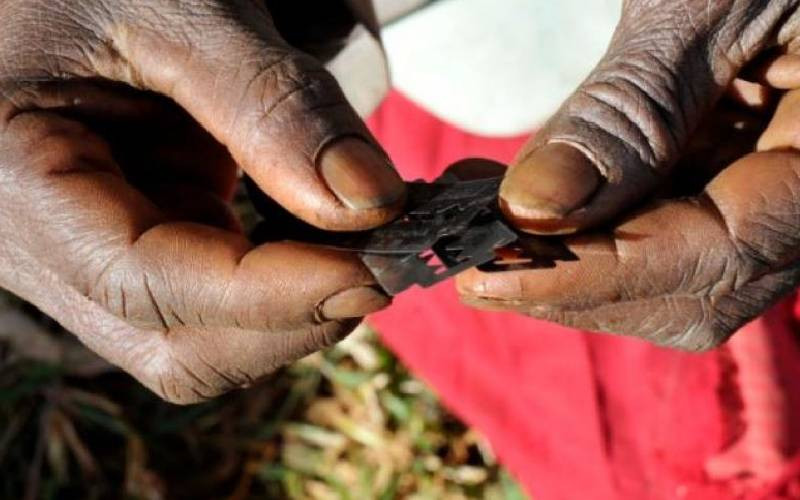×
The Standard e-Paper
Home To Bold Columnists

Seven-year-old Masooma's grandmother asked her to accompany her on a walk as a little girl in the city of Mumbai in India.
Happily, she hopped along but Masooma Ranalvi didn't know that this walk would be one of the most painful she had experienced. She was taken to a place where a stranger undressed her and cut off part of her genitals, leaving her with scars that would last a lifetime.